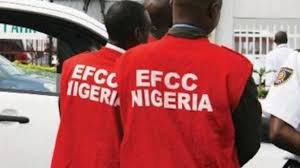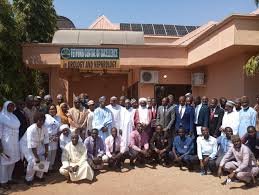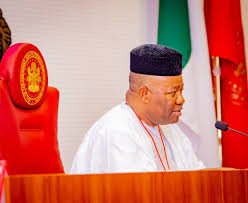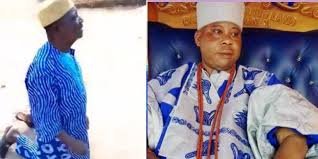IN A TWIST that has left many Nigerians questioning the integrity of anti-corruption agencies, the Economic and Financial Crimes Commission (EFCC) has detained 10 of its officials from the Lagos Zonal Command for allegedly stealing operational items and exhibits.
The development has sparked widespread outrage, with critics accusing the commission of failing to uphold its mandate to combat corruption within its ranks.
The EFCC revealed in a statement on Wednesday that the arrest followed an internal investigation ordered by its Executive Chairman, Ola Olukoyede.
“The officers, who were arrested last week on the directives of the Executive Chairman, Mr. Ola Olukoyede, are answering questions related to the theft of some operational items that they could not account for,” the statement read.
This latest scandal comes amid heightened scrutiny of the EFCC’s internal operations and has once again underscored the irony of those tasked with fighting corruption being implicated in it.
The arrest of these officials is not an isolated incident.
Early this month, the anti-graft agency announced the dismissal of 27 staff members over allegations of corruption and professional misconduct which has called the commission’s commitment to transparency into questioning.
This lack of transparency is not limited to disciplinary cases.
In 2024, the EFCC faced backlash for failing to disclose the owner of a massive 150,500-square-meter estate in Abuja forfeited to the federal government. The estate, comprising 753 duplexes, sparked widespread debate about the agency’s reluctance to share vital information with the public.
ALSO READ: “Japa,” “Eba,” 419 & other Nigerians words that found their way into Oxford Dictionary
The EFCC’s internal challenges reflect a broader issue of corruption within Nigeria’s public institutions. According to Transparency International’s 2023 Corruption Perceptions Index, Nigeria scored 25 on a scale from 0 (“highly corrupt”) to 100 (“very clean”). When ranked by score, Nigeria ranked 145th among the 180 countries in the Index, where the country ranked first is perceived to have the most honest public sector.
Ironically, President Bola Tinubu, whose administration has pledged to tackle corruption, was recently voted the third most corrupt leader globally in a controversial ranking by Crime and Corruption Reporting Project (OCCRP).
Critics argue that the EFCC’s struggles under Tinubu’s leadership highlight the systemic nature of corruption in the country.
The arrest of the 10 officials in Lagos raises serious questions about the EFCC’s ability to self-regulate and uphold its anti-corruption mandate.
While Mr Olukoyede has pledged to cleanse the agency of corrupt elements, critics argue that such efforts will remain superficial without a genuine commitment to transparency and accountability.
“The EFCC’s mandate is to hold others accountable, yet it struggles to hold itself accountable,” said a public affairs analyst. “This is not just a failure of leadership; it is a failure of the system as a whole.”






















